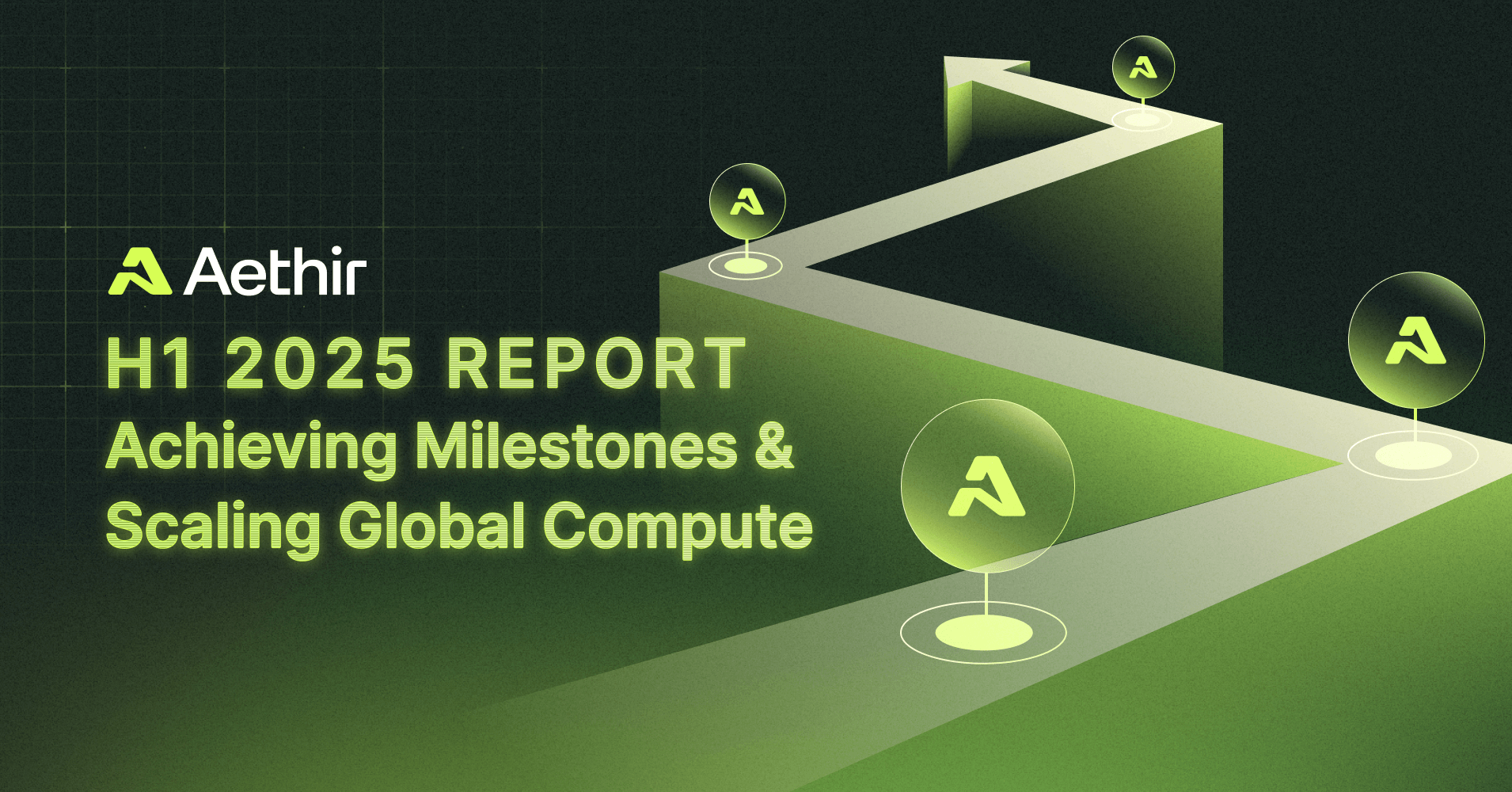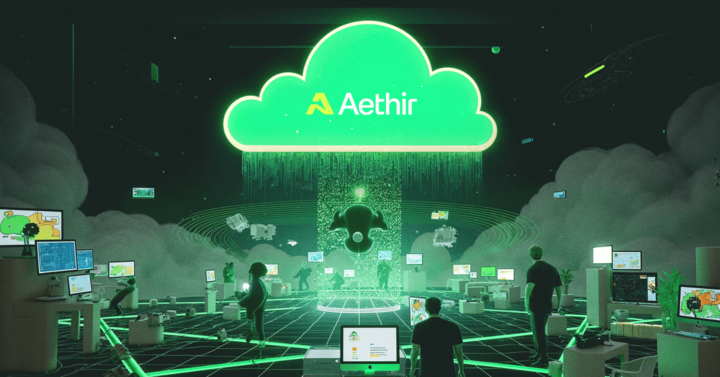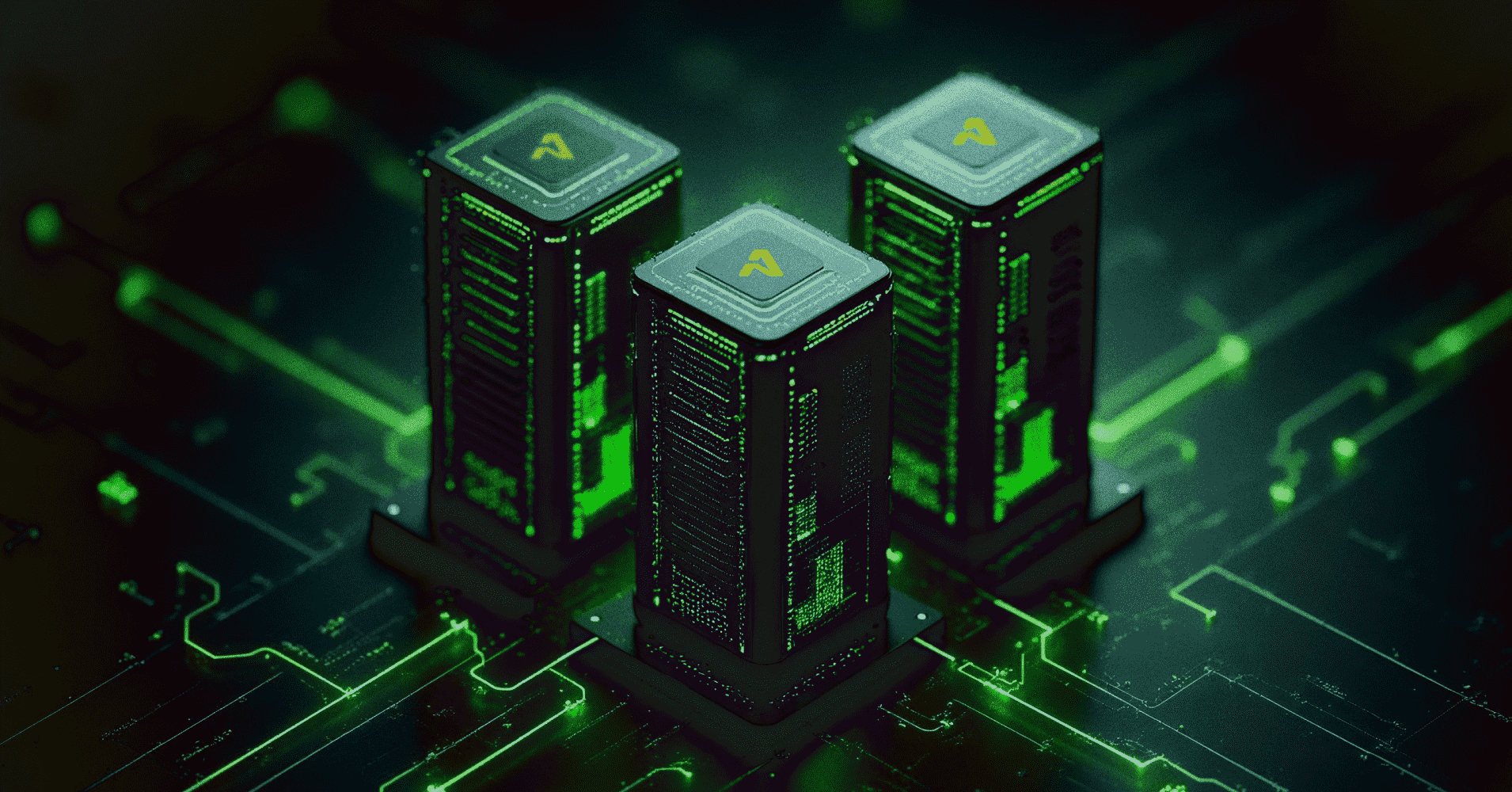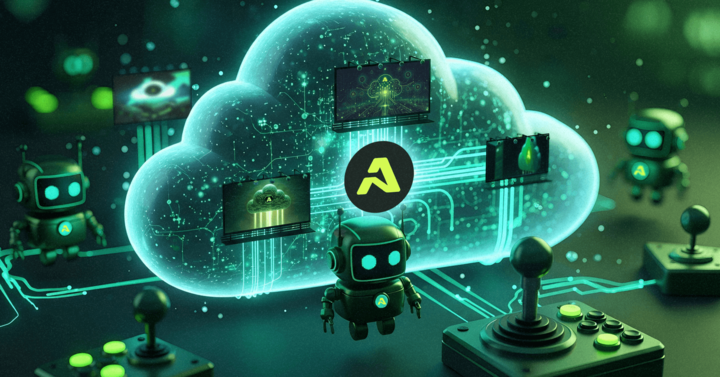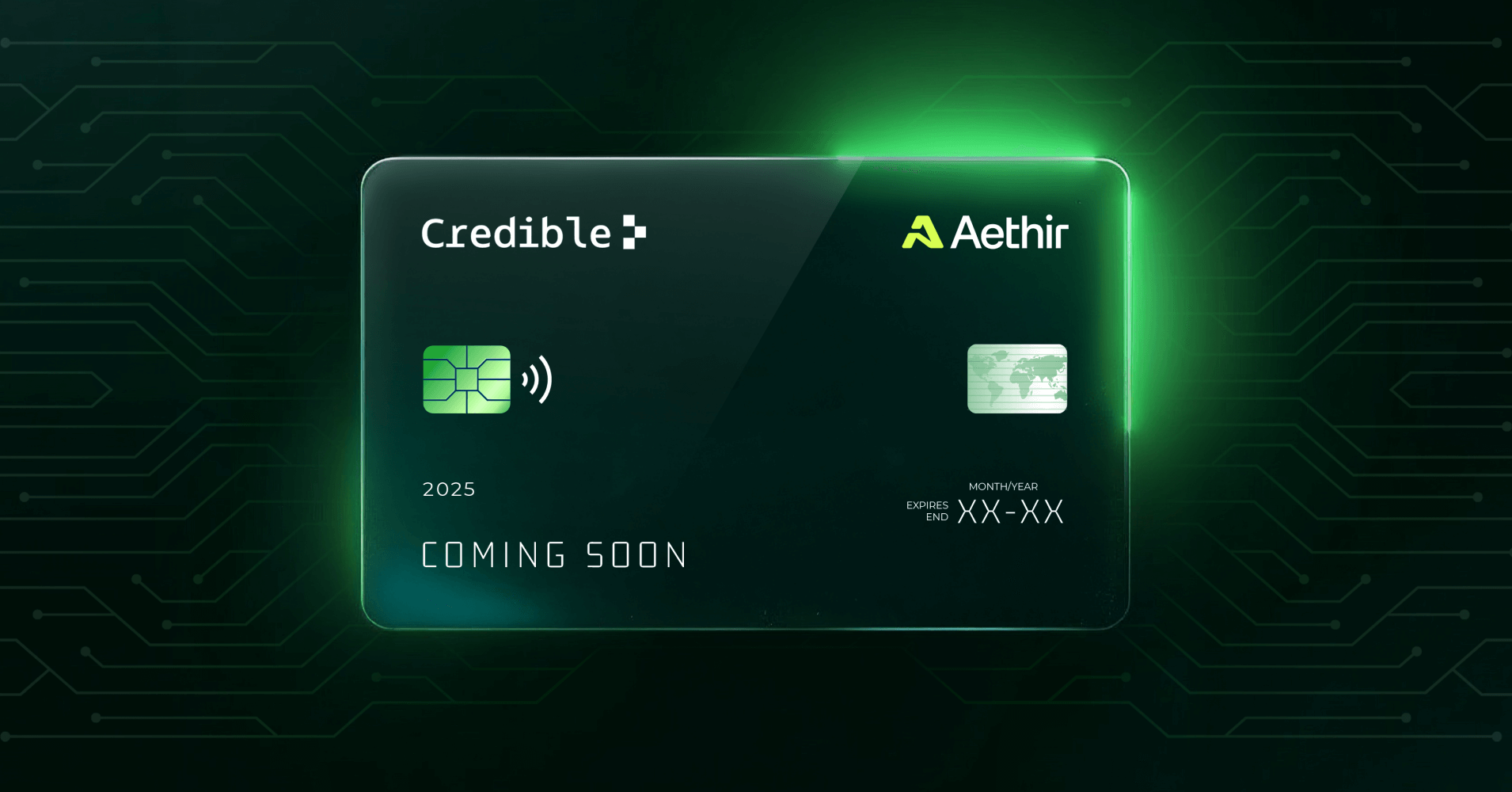Exploring the responsible development and use of AI in a decentralized world
Imagine a world where AI evolves beyond the control of big corporations. This means we will have an interconnected ecosystem where anyone can build, use, and improve AI systems. What if decentralized AI answers this?
Decentralized AI refers to a setup where AI development, decision-making, and data processing are distributed across different nodes/participants/computers rather than controlled by a single central entity. Central corporations have faced scrutiny for lack of transparency and data misuse. Decentralized AI shifts decision-making and power from a few individuals to many participants. Such an approach encourages transparency, promotes fairness, and builds trust. However, it opens another challenge: the ethical implications of decentralized AI.
This article will explore how decentralized AI platforms face ethical challenges, such as AI bias, data privacy, and accountability. We will also explain how to ensure AI ethical practices in decentralized systems.
Bias in AI
Bias is one of the ethical challenges of decentralized artificial intelligence. AI algorithms are trained on massive datasets, regardless of whether they are in centralized or decentralized settings. Thus, if the training data is biased, the AI systems will learn and replicate those biases.
The bias can take different forms, from historical, labeling, or sampling biases. Biased data can lead to discrimination or reduced trust. For instance, if a lending platform uses biased data, this can lead to biased credit scoring. The same can also happen in hiring.
To solve biases in AI, training data should be collected from diverse sources to ensure it is representative of the population. Diverse groups can help spot biases or offer different perspectives that will help build better AI systems. AI systems also need to be rigorously tested and evaluated before they are released to the public.
Platforms like Aethir democratize access to AI resources, lowering the barrier to building AI systems. This approach also makes it easy to train data from diverse datasets, lowering the incidence of AI biases.
Data Privacy
In traditional settings, AI data is usually stored in centralized servers. This means that if malicious users gain entry into the system, they can access all the data. Centralized companies that store AI data usually face ethical questions about consent, ownership, and security.
Decentralized AI promotes data security and privacy through several approaches. First, in some settings, data remains with institutions or individuals who own it. Second, some decentralized data storage platforms encrypt data, and the decryption key remains with the data owner. Third, some decentralized platforms facilitate the training of AI models across multiple devices without having a centralized data collection point.
Aethir is taking data privacy seriously through its partnership with Filecoin. Aethir uses decentralized GPU computing, while Filecoin has a Blockchain-based storage solution that offers a distributed and encrypted environment for storing data. The two platforms give users better control over their AI data and promoting the development of ethical AI in blockchain.
Accountability and Responsibility
AI thrives on data. However, decentralized AI distributes data across different participants and nodes. In traditional/centralized AI settings, there are clear systems that define who is responsible for what.
In decentralized settings, multiple actors contribute to the development of AI systems. Some decentralized systems allow anonymous participants, further complicating legal accountability. The distributed decision-making model is also likely to blur the lines of responsibility. Who will be responsible when decentralized AI goes wrong?
We can still have governance models and frameworks for responsible AI development in a decentralized setting. The first solution is Decentralized autonomous organizations (DAOs), where governance and accountability are enforced through smart contracts. DAOs can also have guidelines on AI training for decentralized AI systems. Rewarding responsible contributions through token-based incentives is another approach.
As a decentralized platform, Aethir is working toward creating a DAO. It already has an incentive program where token holders can vote, propose, and discuss platform changes. Users can also stake ATH to contribute to computing power and secure the platform.
Conclusion
Decentralized AI ethics remain a major concern as users are looking for AI programs with no bias that ensure data privacy and promote transparency and accountability. Even though decentralized AI lowers entry barriers, we will be breeding another set of issues if AI bias and fairness concerns are not addressed.
Platforms like Aethir understand the ethical implications of AI and already offer solutions to these challenges by democratizing access to AI, storing data in distributed systems, partnering with privacy-conscious organizations like Filecoin, and offering a community-driven platform to promote transparency and accountability.
Join the Aethir community and be a part of the AI revolution! Visit our website or follow us on social media to learn more.


